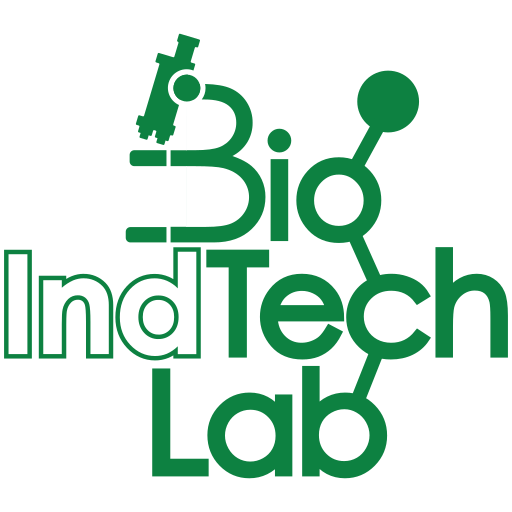Biotechnological approaches to support sustainable agriculture
Why
- The growing global population has increased the demand for agricultural crop production.
- Cultivated plants are frequently targeted by pests, including insects, fungi, and various parasites.
- These biotic stressors contribute to substantial global food loss.
- There is a lack of eco-friendly and effective alternatives for sustainable pest control.
- Biotechnologically engineered agro-pharmaceuticals represent an untapped potential for green innovation.
- There is a need for scalable, low-impact pest management solutions in modern agriculture.
- The demand for chiral molecules continues to grow. These compounds are essential in pharma and agrochemical industries.
- Conventional synthesis still relies on multi-step, resource-intensive processes.
- Harsh reaction conditions and low selectivity reduce efficiency and sustainability
- There is a lack of integrated, green methods for the production of high-purity chiral compounds.
- Biocatalysis offers a key opportunity to simplify processes while enhancing selectivity and sustainability.
What
The main activities of this project are:
- Medium and process optimization for fungal spore production in liquid state fermentation
- Engineering and scale up of cell factories for the biosynthesis of industrially relevant enzymes
- Isolation, characterization and development of plant cell lines for accumulation of secondary metabolites with agro-pharmaceutical potential
- Using knowledge derived from the previous step, development of cell factories to produce the same metabolites in a more industrially sustainable setup
How
We aim to shift production of agro-pharmaceuticals from chemically derived molecules to greener alternatives, using biotechnology as a platform to develop more sustainable products, in particular fungi, enzymes and plant extracts.
Who
Researchers involved in the project






From laboratory to field – Discover more
Biostimulants & Biorationals 🡪
Plant Protection 🡪
Plant Nutrition 🡪


